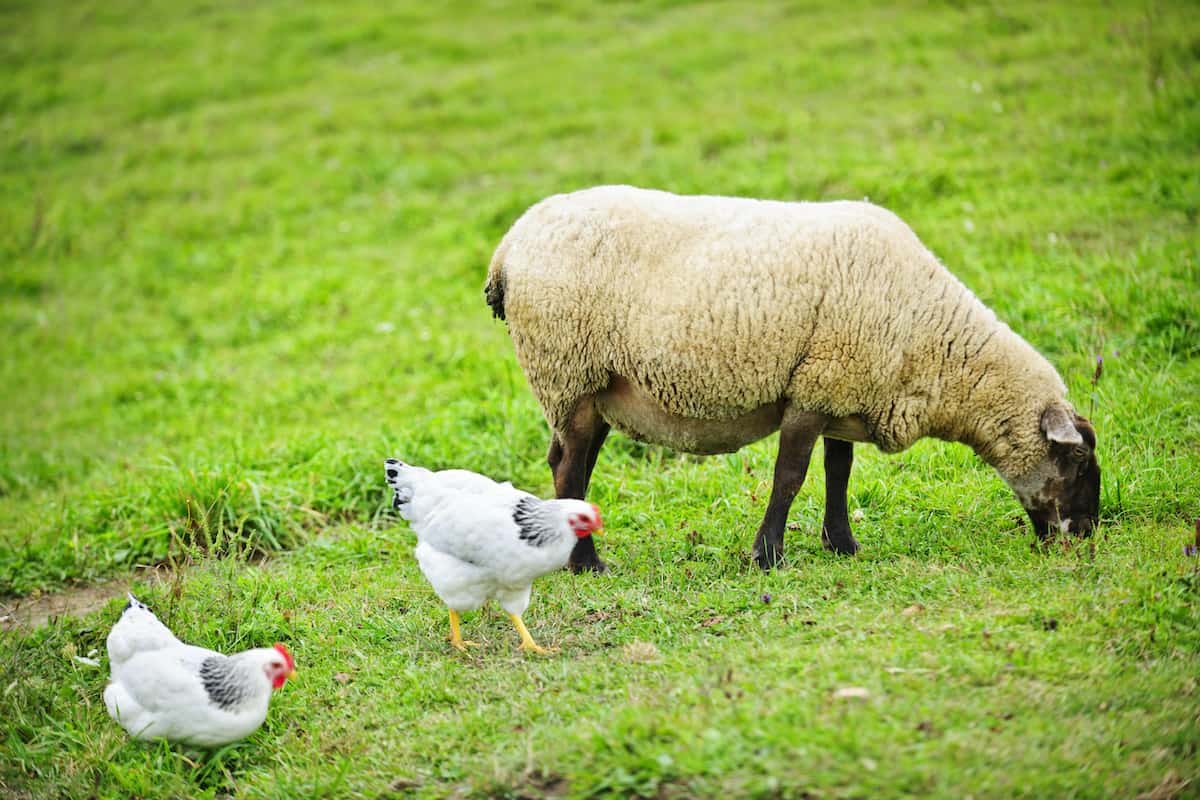Existing legislation in the UK requires that all animals must be stunned so that they are insensible to pain, prior to slaughter. This method is considered by most veterinary and animal welfare organisations to be the most humane method of slaughter. There exists, however, and exemption to this law for animals slaughtered under halal or kosher practices, where the animals throat is cut with a sharp blade, and left to die slowly from blood loss. In practice, around 55-80% (depending on which years figures you consult, from which source) of halal meat is actually a result of stunned slaughter, as certain stunning practices meet their requirements, while all kosher meat is unstunned before slaughter.
In the four year period from 2013 to 2017m the percentage of sheep and goats slaughtered without being stunned rose from 15% to 24.4%, and over the same period, the stunless slaughter of poultry rose from 3% to 18.5%. Some quantity of this meat may end up in school meals where, for instance, all chicken used is halal, to prevent the need to supply alternatives to cater for religious groups.
Humanist groups are not the only ones calling for these changes – the Farm Animal Welfare Committee has been making similar calls since 2003 (here), while the RSPCA and British Veterinary Association sent a joint letter to Rt Hon George Eustice MP on the issue last year (here). You can read more on Humanists UK’s work on this topic here.
A proposed solution? Conservative Humanists are calling for two measures:
- A total ban against animals being slaughtered in the UK without having been stunned so that they are insensible to pain. (removing the exemption for religious slaughters)
- The introduction of appropriate labelling (including where used in cooked meals, as allergens are) for imported meat which has been slaughtered without prior stunning.
This would preserve the rights of the various religious groups who’s teaching calls for certain methods of slaughter, while enabling the majority of UK residents to make an informed choice, and be confident that the UK is striving to become a true global leader on animal welfare.

